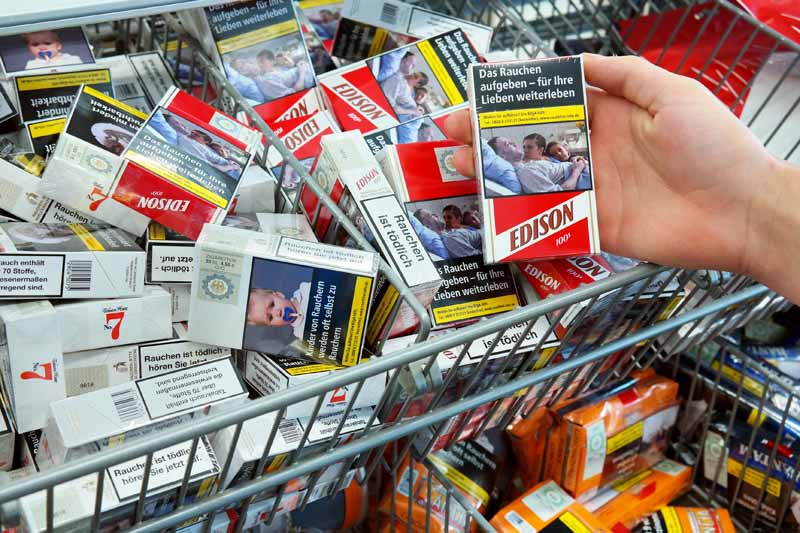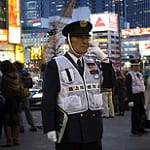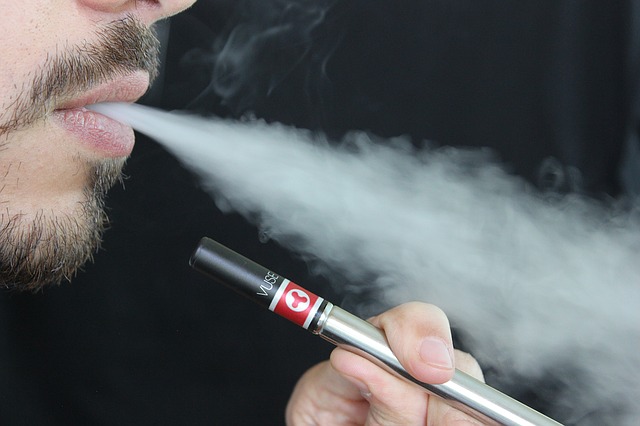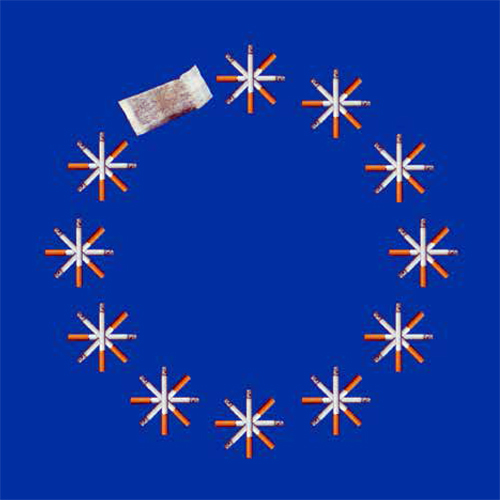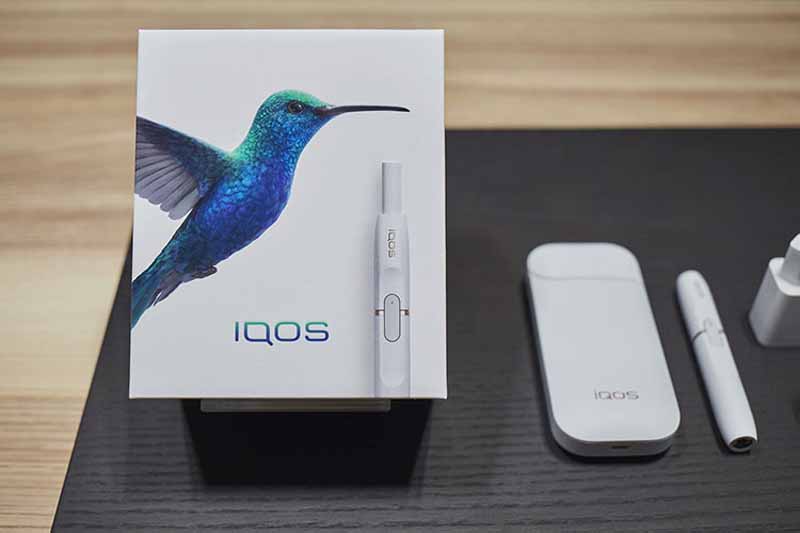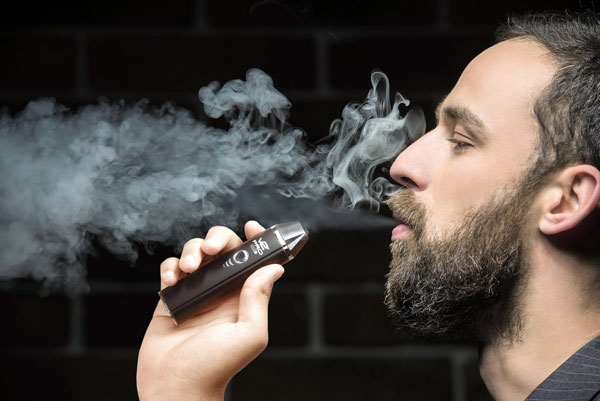The US Food and Drug Administration yesterday issued a draft guidance on its enforcement policy for tobacco products that are the subject of a not-substantially-equivalent order.
The draft guidance, Enforcement Policy for Certain Marketed Tobacco Products, is said to explain the FDA’s enforcement policy for ‘manufacturers, importers, or distributors of certain marketed tobacco products that receive a not-substantially-equivalent (NSE) order.
It is said also to explain the sell-off time allowed, as well as the enforcement policy for retailers with such products in their inventory.
‘These certain marketed tobacco products include “provisional” tobacco products (those that were first introduced or delivered for introduction into interstate commerce after Feb. 15, 2007, and prior to March 22, 2011, and for which a substantial equivalence report was submitted no later than March 22, 2011) and to new tobacco products created by modifying the quantity of a provisional tobacco product in a pending substantial equivalence report,’ the FDA said in a note issued through its Center for Tobacco Products.
‘The Federal Food, Drug, and Cosmetic Act permits a provisional tobacco product to remain on the market pending FDA’s review of the substantial equivalence report for that product. Per the new draft guidance, FDA does not intend to take enforcement action against a manufacturer, importer, or distributor of a product that has received an NSE order for at least 30 calendar days from the date of the NSE order. The agency also does not intend to take enforcement action against a retailer for at least 30 calendar days from the date the NSE order is posted on FDA’s Misbranded and Adulterated NSE Tobacco Products webpage.’
The FDA is encouraging retailers to contact their supplier or manufacturer ‘to discuss possible options for the misbranded and adulterated product that they may have in their inventory’.
‘The new draft guidance also notes that should FDA receive a request for a supervisory review of an NSE order from the applicant within 30 calendar days from the issue date of the NSE order, FDA does not intend to take enforcement action against the manufacturer, importer, or distributor based on the order until the agency makes a decision on the request,’ the note said. ‘If the appeal results in FDA affirming the NSE order, the agency does not intend to take enforcement action for at least 30 calendar days from the date of FDA’s decision on the appeal.
‘When finalized, this guidance will supersede the “Enforcement Policy for Certain (Provisional) Tobacco Products that FDA Finds Not Substantially Equivalent” guidance issued in September 2015.’
Comments on the draft guidance may be submitted on Regulations.gov at “Docket No. FDA-2018-D-3244”.
The guidance is here.



